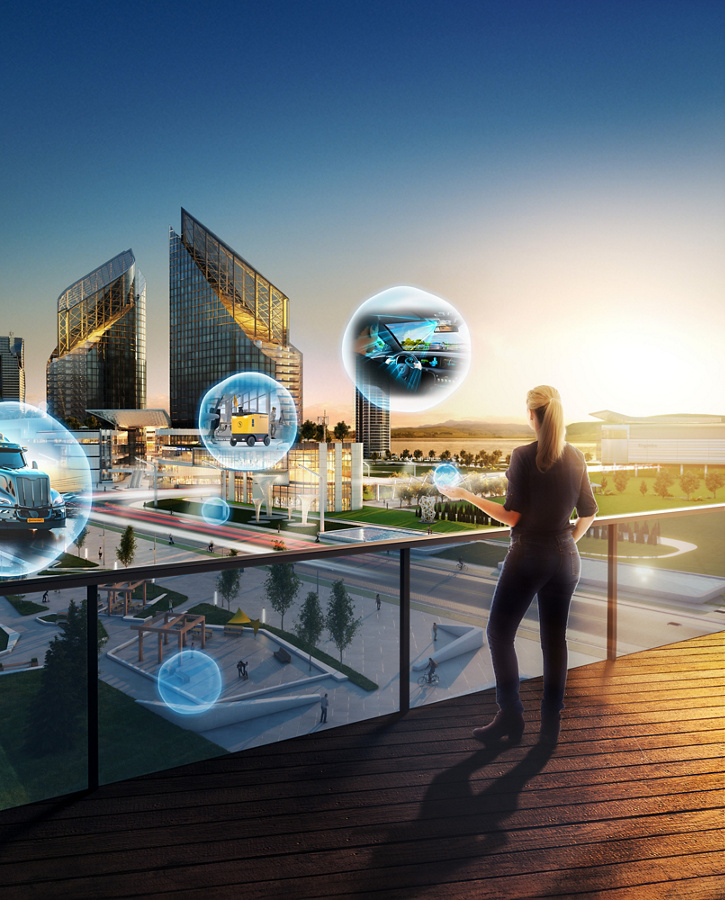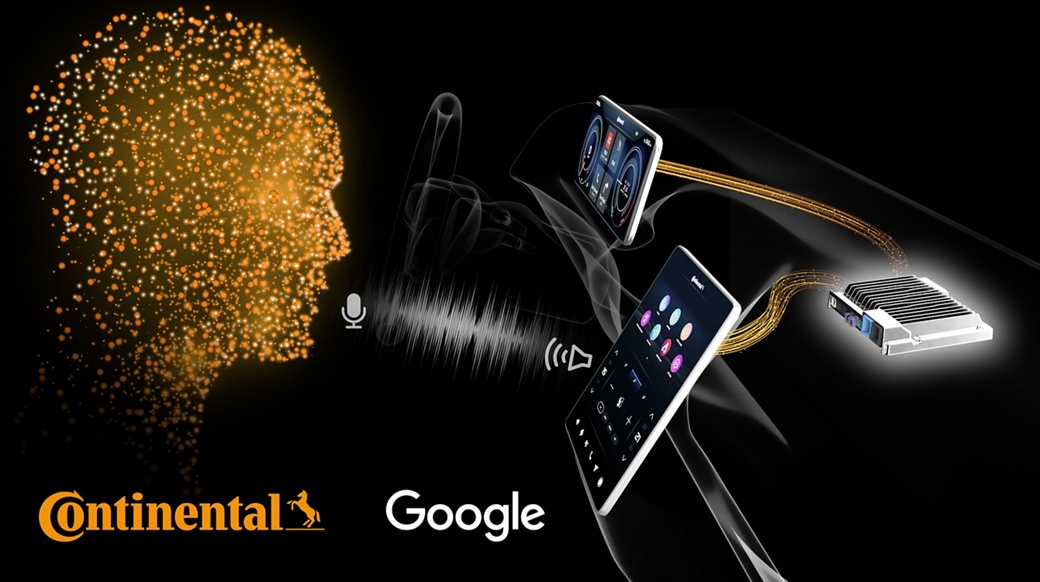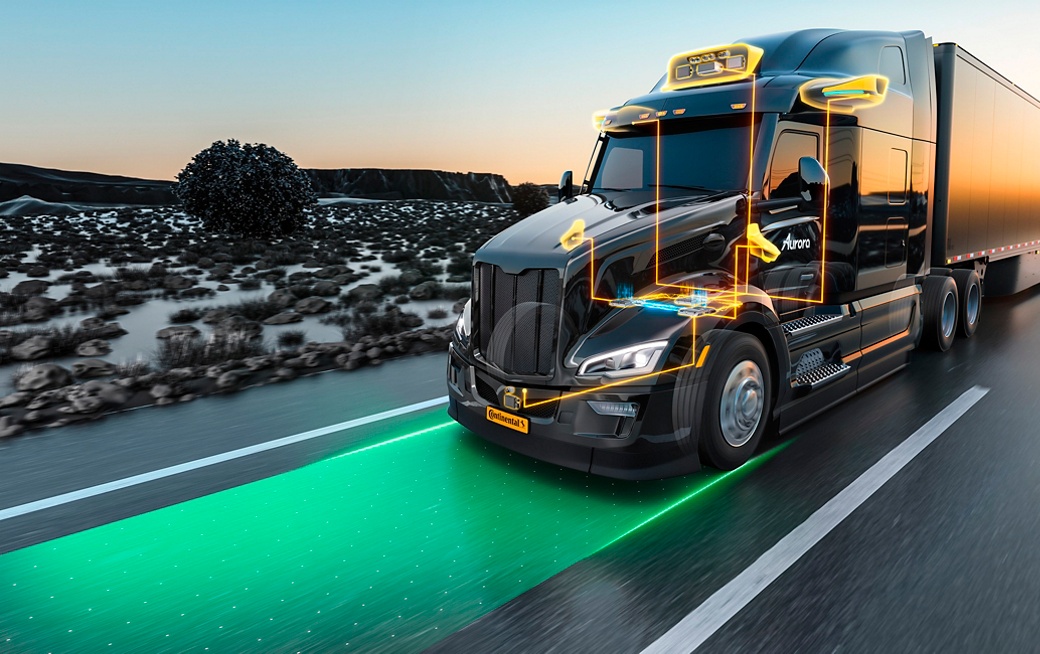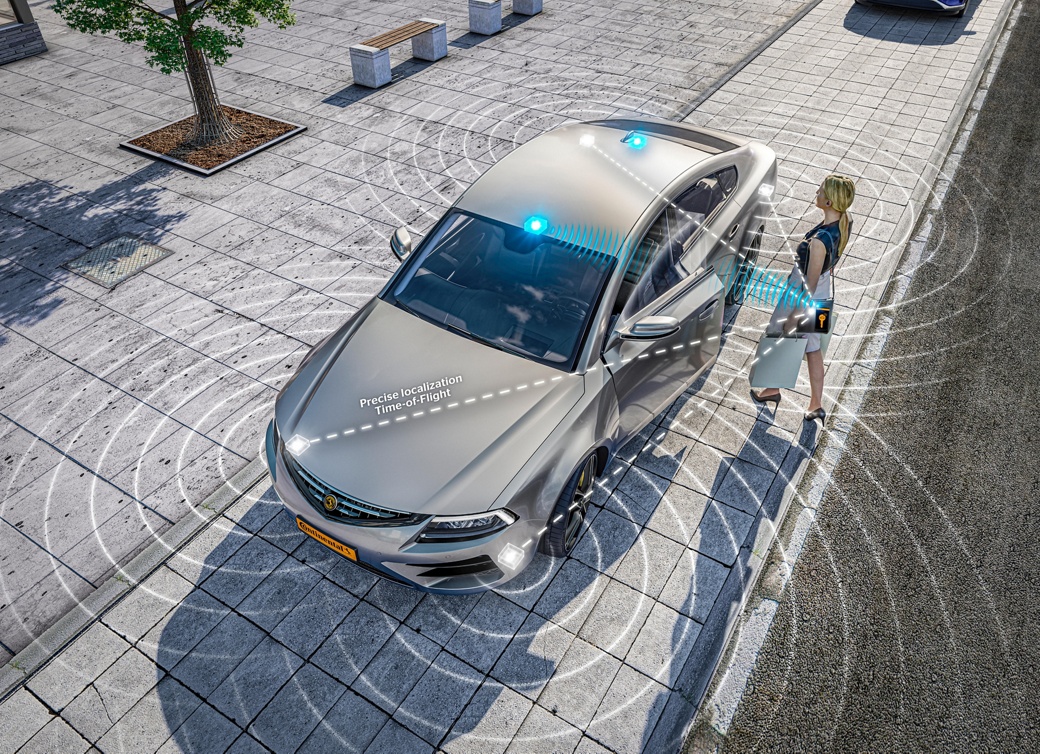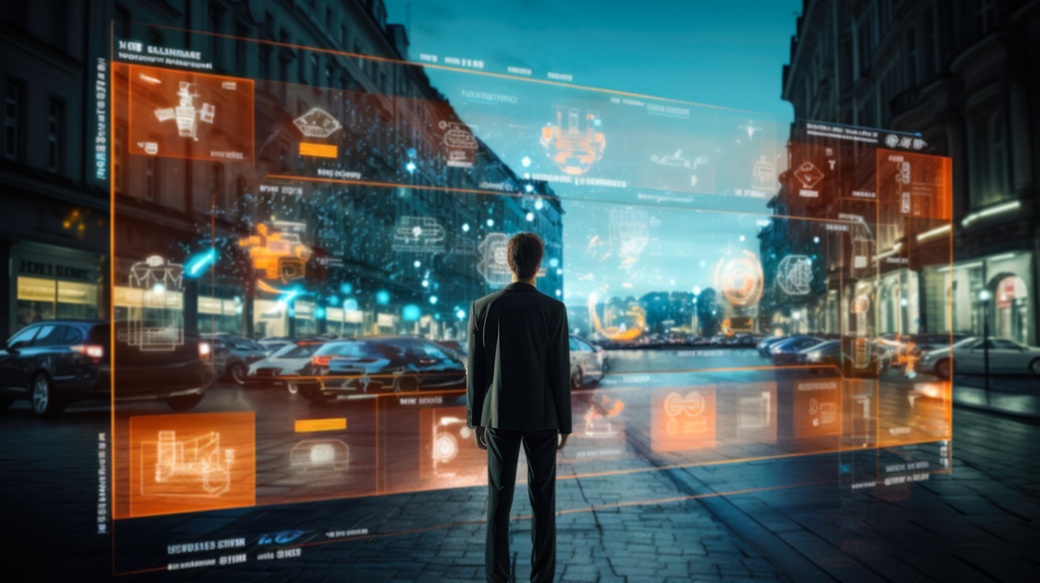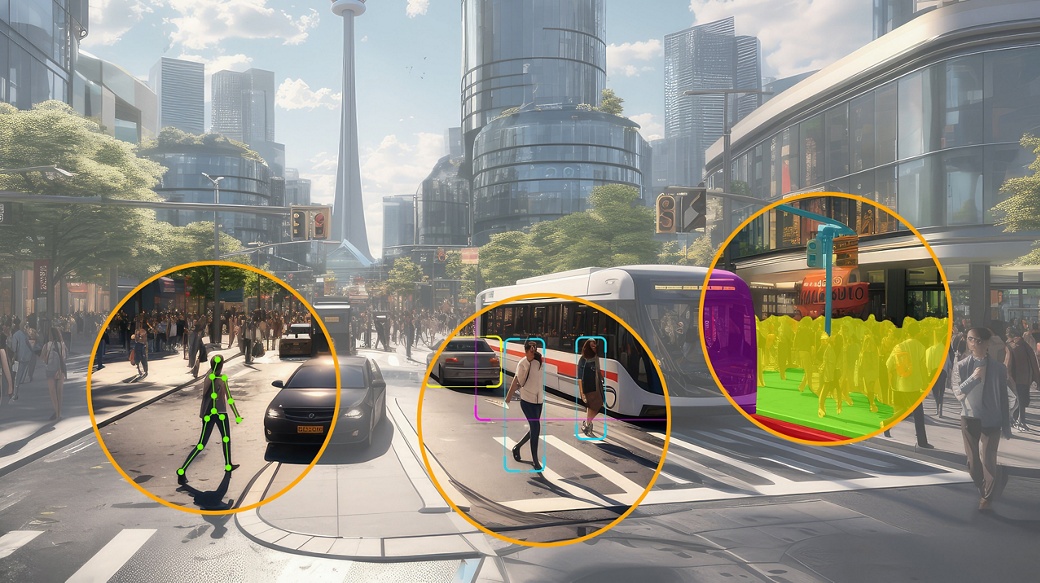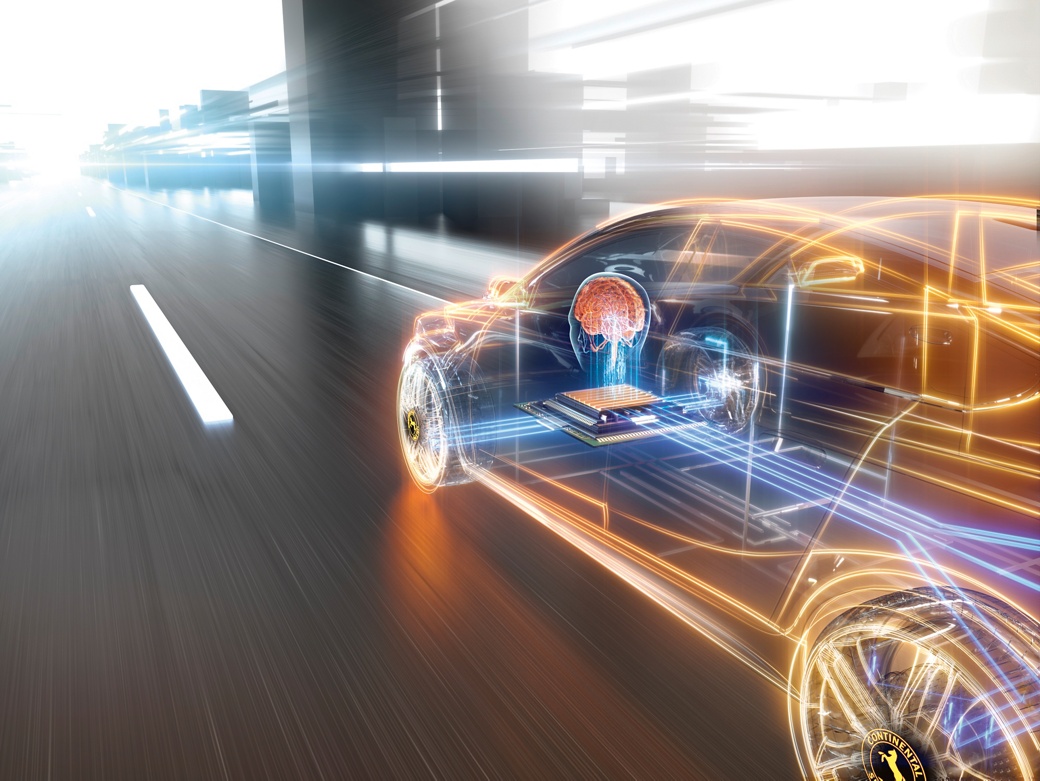Passenger cars that independently search for and find a parking space a few blocks away. Commercial trucks that haul freight from Dallas to Los Angeles without a driver interfering. School buses that detect if a child has been left behind in the back row. This will be the new normal in the mobility of the future. And this future is already knocking on our door – with the help of innovative and reliable AI applications providing support, comfort and safety to drivers and passengers, in both private cars as well as commercial vehicles.
As an AI-empowered company, our aim is to use new AI technologies to develop the most cutting-edge portfolio of AI-enabled products, services, and methods that fulfill the needs of future mobility – and that will help unleash the vast potential this future has to offer. Our AI experts are currently working on exciting solutions for the AI-empowered mobility both in software as well as hardware.
